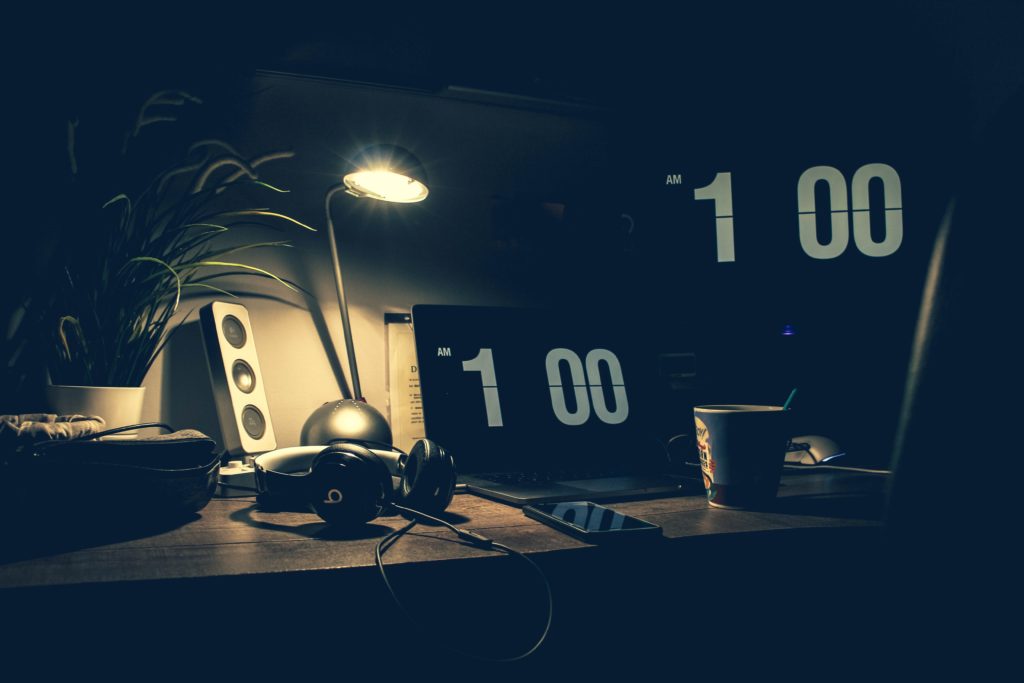
It’s well-documented that law enforcement personnel and other first responders frequently struggle with sleep disorders caused by shift work, high-stress scenarios, and other factors. We also know that constant sleep deprivation creates negative physical health consequences. But researchers at Iowa State University wanted to gain a better understanding of the cognitive implications related to fatigue.
Study author Dr. Zlatan Križan, a sleep scientist and psychology professor at ISU, tells Sleepopolis that he and his team used a sleep-tracker study to specifically examine “to what extent these conditions may undermine performance in investigative and interview duties.” Previous research indicates that fatigue makes it more difficult to manage emotions effectively and stay on task.
The recent findings indicated not only did police officer participants demonstrate declines in sleep quality, but also experienced “several days with suboptimal levels of alertness, some of which were on par with mild levels of alcohol intoxication,” according to a release by ISU. Without better sleep, Krizan says tired investigators may struggle to stay patient and build rapport with interviewees. When this happens, officers might perceive interviewees as uncooperative, which further complicates communication.
Two-Week Study Provides Snapshot of a Greater Problem
Researchers included Križan, ISU professor Christian Meissner, graduate student Anthony Miller, and retired homicide detective Matthew Jones. The two-week study involved 50 police officers in four states: Arizona, Iowa, Kansas, and Nevada. Using sleep activity trackers and detailed surveys, the officers reported:
- Their overall sleep quality
- Stress levels
- Work hours
- Field investigative Interactions with suspects, witnesses, and victims
- Self-care habits, such as exercise and hobbies
Then, the authors analyzed all the data and discovered officers:
- Had more trouble falling asleep
- Experienced frequent sleep disruption
- Slept less than the recommended seven hours or more
Officers who were more sleep-deprived — such as those who worked late-night and early-morning shifts — reported greater difficulty with alertness, focus, and emotional regulation.
“Several prior studies screened for sleep disorders, while others looked at links between sleep-related fatigue and performance, including citizen complaints and use-of-force decisions. So far, those results echo these, finding worse outcomes under fatigue,” Križan says.
Why the Study Matters
“Fatigue management and wanting well-rested law enforcement is really important for ensuring both their effectiveness and ensuring valid outcomes of investigations,” he adds. “But insufficient staffing is a key issue that leads to overwork and fatigue, while the stressful nature of the job creates sleep quality barriers.”
For example, when first responders rotate between day and night shifts, this causes serious disruption to their circadian rhythms, which may result in further complications with sleep disorders, as well as increased obesity and depression. Additionally, repeated psychological stress upsets circadian rhythms, which in turn creates even more stress for beleaguered professionals. To complicate matters further, if a first responder develops sleep anxiety — which is a preoccupation with falling asleep, staying asleep, or getting enough sleep—their stress levels spike, which may lead to irritability, impaired reaction time, and memory problems.
Unfortunately, rest requirement mandates — similar to those in other industries such as aviation, healthcare, and commercial transport — are complicated to implement because law enforcement agencies are locally operated and funded. This makes it “very difficult to intervene on a federal level,” Križan says.
But studies like these are a crucial first step toward creating better awareness of the challenges faced every day by police officers and other first responders, such as emergency medical technicians and firefighters. Križan and his team will expand their sleep research parameters by examining law enforcement’s ability to “assess the credibility of interview subjects.” Another area of his research takes a closer look at how a person’s individual characteristics make them “more or less sensitive to the adverse effects of fatigue.”
Sources
Križan, Zlatan. Author interview. June 2024.
Krizan, Z., Miller, A.J., Meissner, C.A. et al. The impact of alertness vs. fatigue on interrogators in an actigraphic study of field investigations. Sci Rep 13, 6135 (2023). https://doi.org/10.1038/s41598-023-32975-w


























